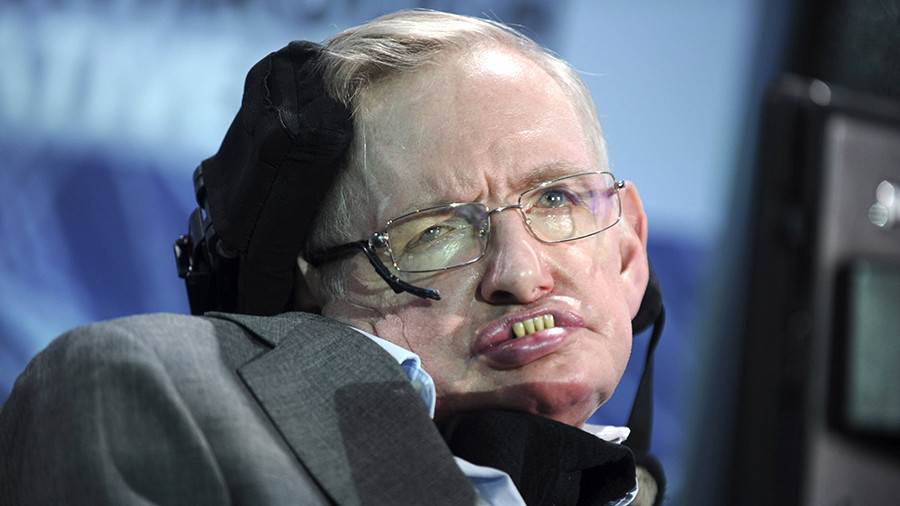
Two weeks before his death, renowned scientist Stephen Hawking had left his final thoughts on the universe, which he considered to have no limits.
A study called A Smooth Exit from Eternal Inflation could be the most important relic of the physicist and cosmologist who died at the age of 76 on March 14.
This paper pours the great idea of Hawking against the existence of the multiverse (multi-universe).
Basically, the main idea in the study's results is that the space known today is just one of the many universes out there. If examined more deeply, this paper raises an issue that has bothered Hawking since 1883.
In his thoughts with James Burkett Hartle, professor of physics at the University of California Santa Barbara, they argue that the universe has no boundaries.
The theory also explains how the emergence of the universe through the Big Bang event. Then, also mentioned process called inflation, which is when the universe that immediately extends from a very small point to become a universe as it is today.
One thing that troubles Hawking from the theory is the emergence of predictions that the Big Bang is happening just one of a number of other large explosions. Each of these explosions produced their own individual universe.
The mystery was trying to solve Hawking in the study. He describes the mathematical calculations required in carrying out investigations in space in search of evidence for the existence of a multiverse. If such evidence could be found while he was alive, he might have won the long-awaited Nobel Prize.
"He has often been nominated for the Nobel Prize and should be able to win it now he can no longer get it," said Thomas Hertog, professor of theoretical physics at KU Leuven University, Belgium. Hertog also co-authored A Smooth Exit from Eternal Inflation.
Multiverseism itself is regarded as a paradox that is mathematically impossible to test its truth using experiment. That's what Hawking and Hertog want to change. "We want to turn the multiverse idea into a testable work of scientific work," says Hertog,
In completing the work under review, Hertog met Hawking for his approval in publishing the results of the study